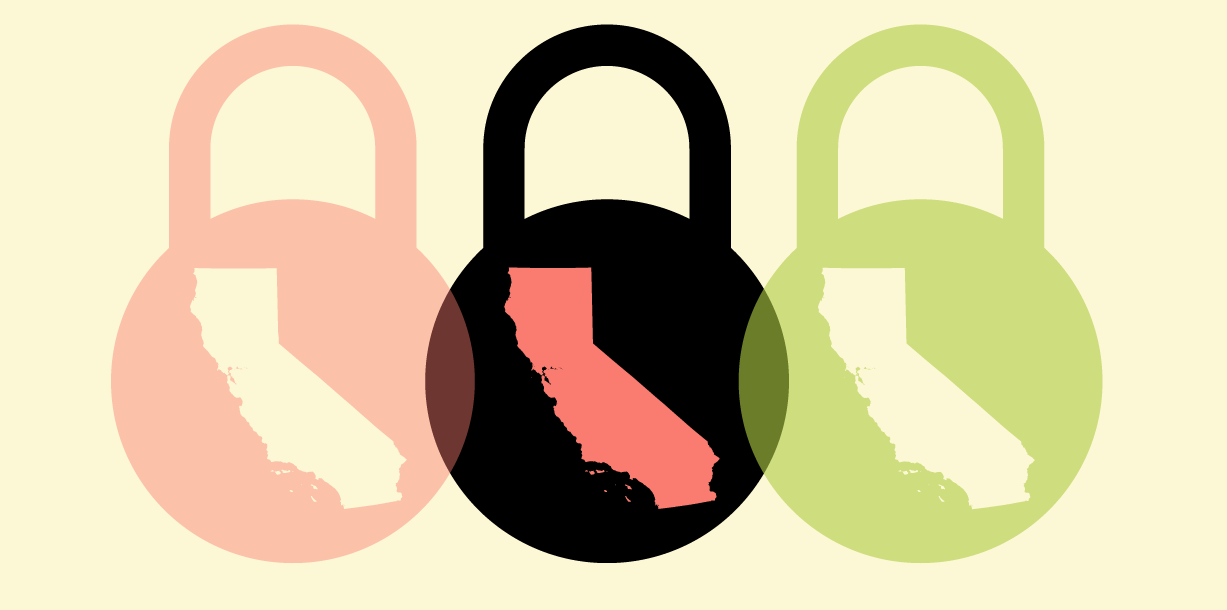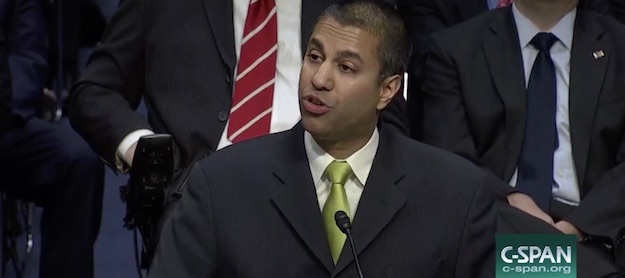Internet privacy bill rises from the dead at California capitol

California lawmakers have another shot at creating strong data privacy rules. Assembly bill 375, authored by assemblyman Ed Chau (D – Monterey Park), was originally aimed at Internet service providers. It would have reinstated ISP privacy rules that were scrapped by the republican majority on the Federal Communications Commission. It died last year after legislative leaders bowed to back door pressure and “dirty tricks” from ISPs, like AT&T and Comcast, and Silicon Valley’s big online players, like Google and Facebook.… More

![By Matt Shirk [CC BY-SA 4.0 (https://creativecommons.org/licenses/by-sa/4.0)], from Wikimedia Commons](https://www.tellusventure.com/images/2018/6/online_privacy_declaration_of_independence_625.jpg)
![By Gerald Nino, CBP, U.S. Dept. of Homeland Security [Public domain], via Wikimedia Commons](https://www.tellusventure.com/images/2018/4/police_uav_operators.jpg)


![By U.S. Navy photo by Photographer’s Mate 3rd Class Ramon Preciado. [Public domain], via Wikimedia Commons](https://www.tellusventure.com/images/2017/7/resuscitation_dummy.jpg)

![By Beyond My Ken (Own work) [GFDL (https://www.gnu.org/copyleft/fdl.html) or CC BY-SA 4.0-3.0-2.5-2.0-1.0 (https://creativecommons.org/licenses/by-sa/4.0-3.0-2.5-2.0-1.0)], via Wikimedia Commons](https://www.tellusventure.com/images/2017/3/shopping_vault.jpg)